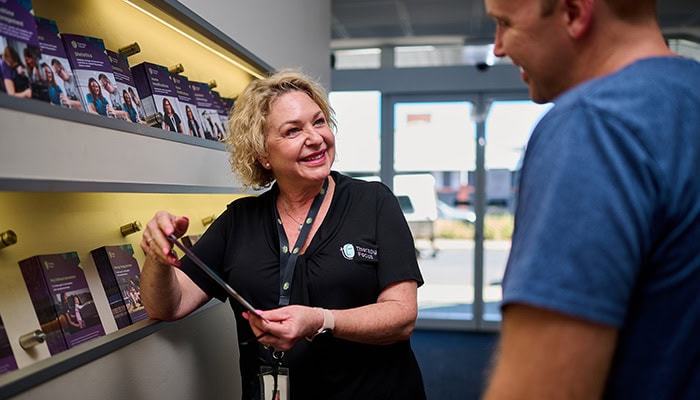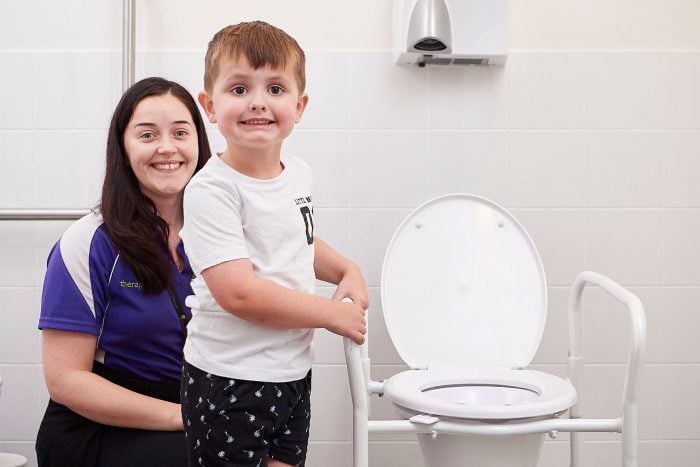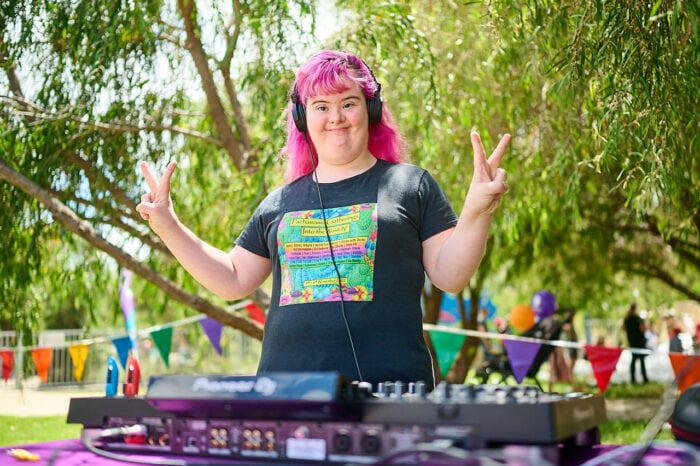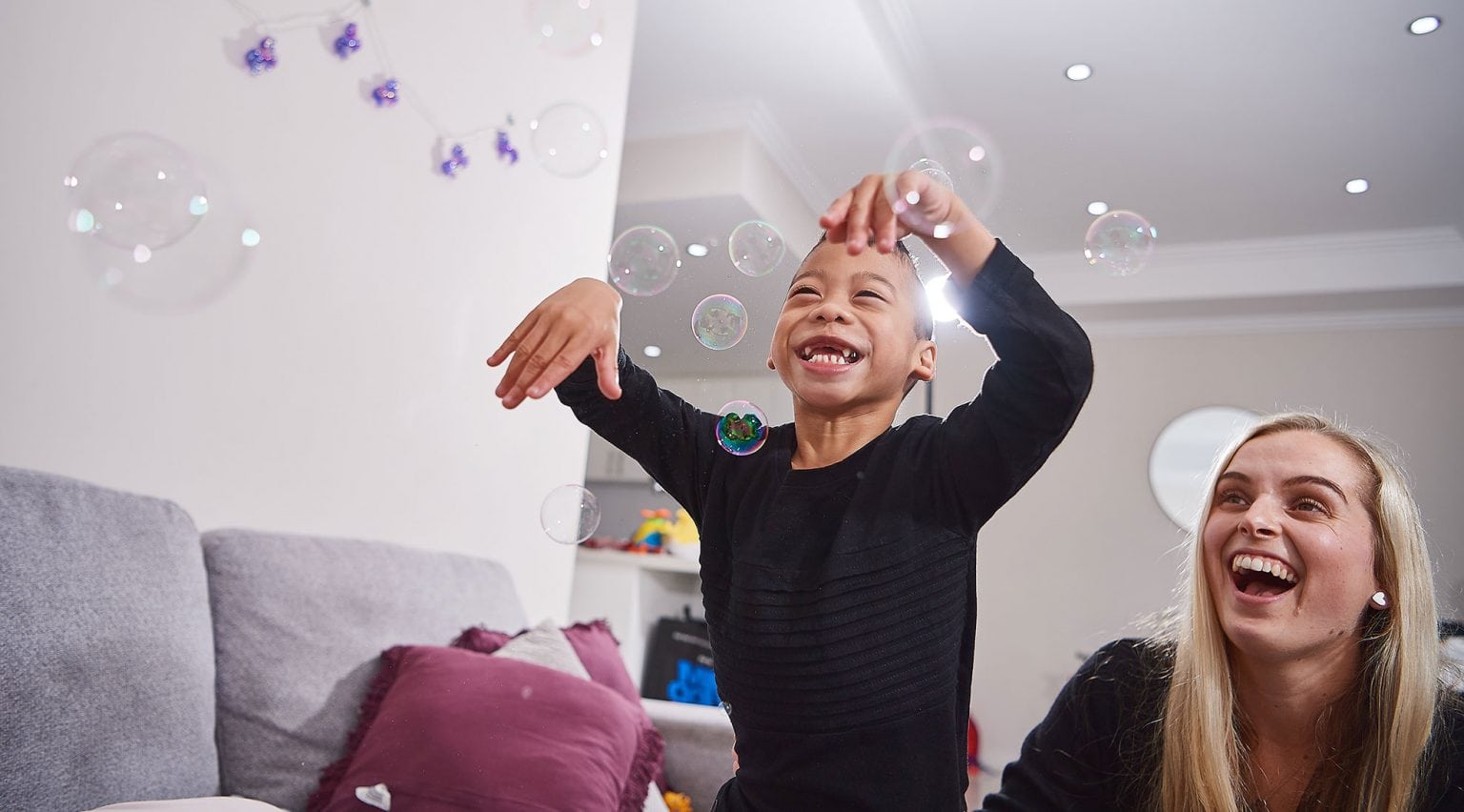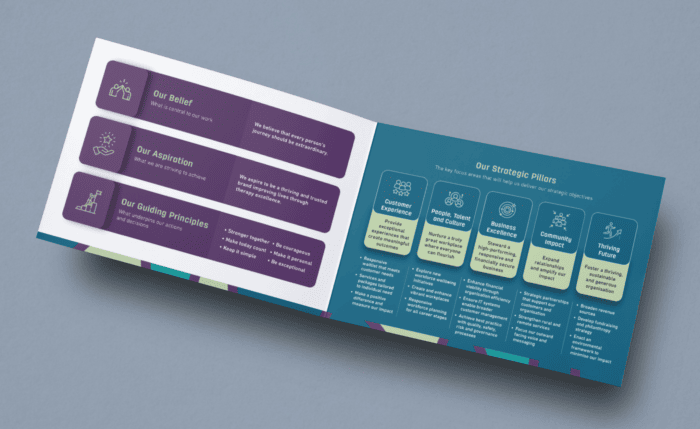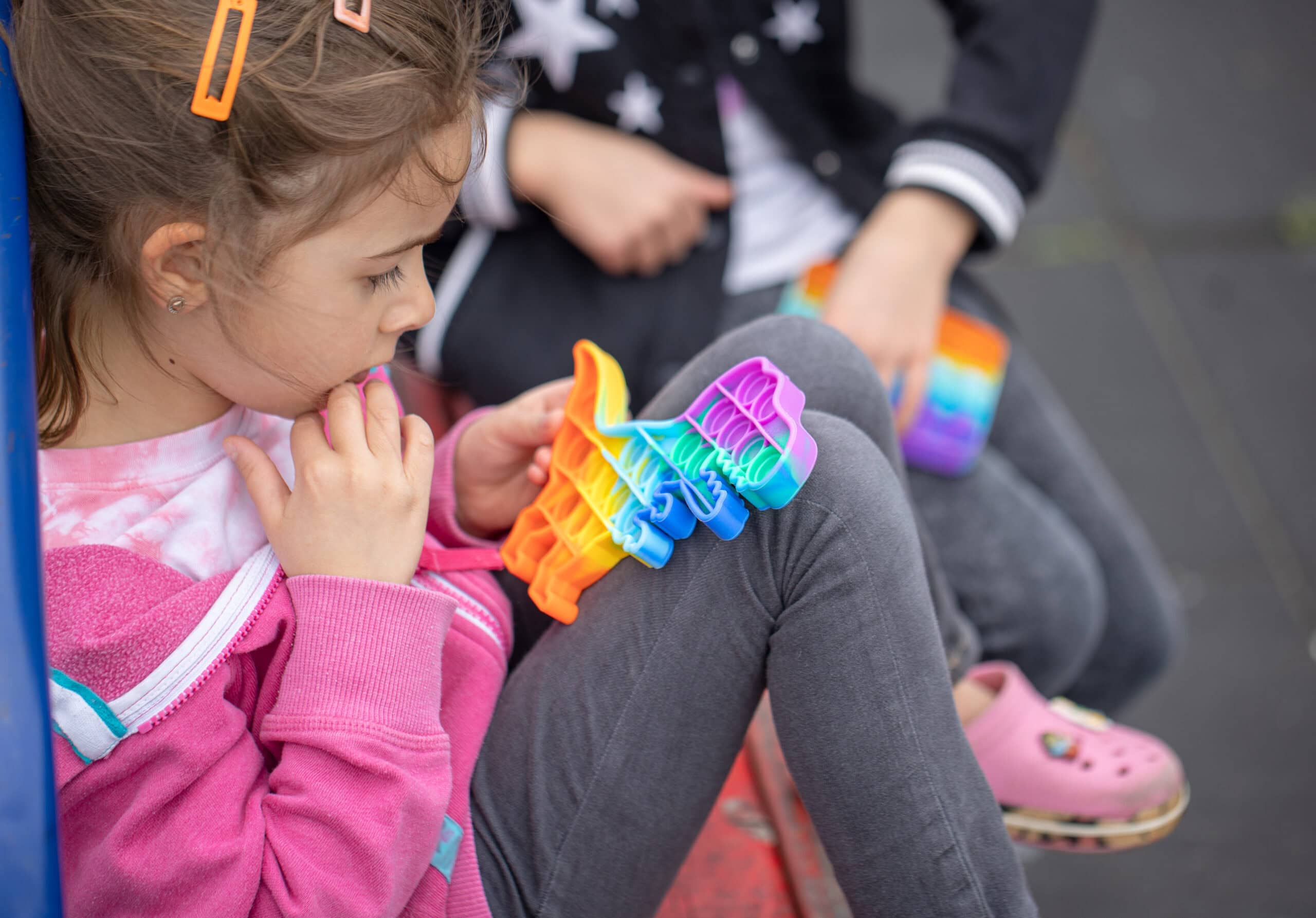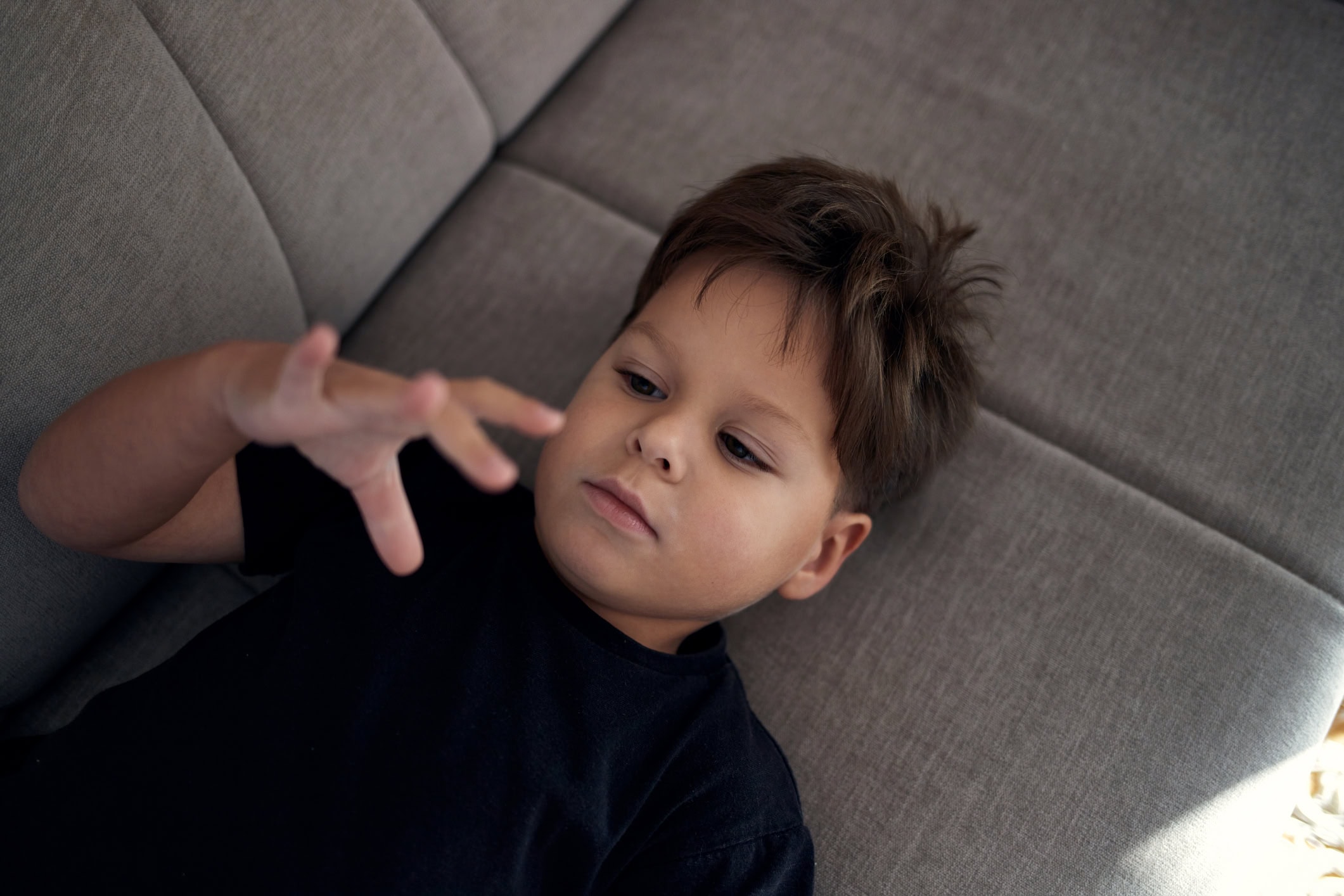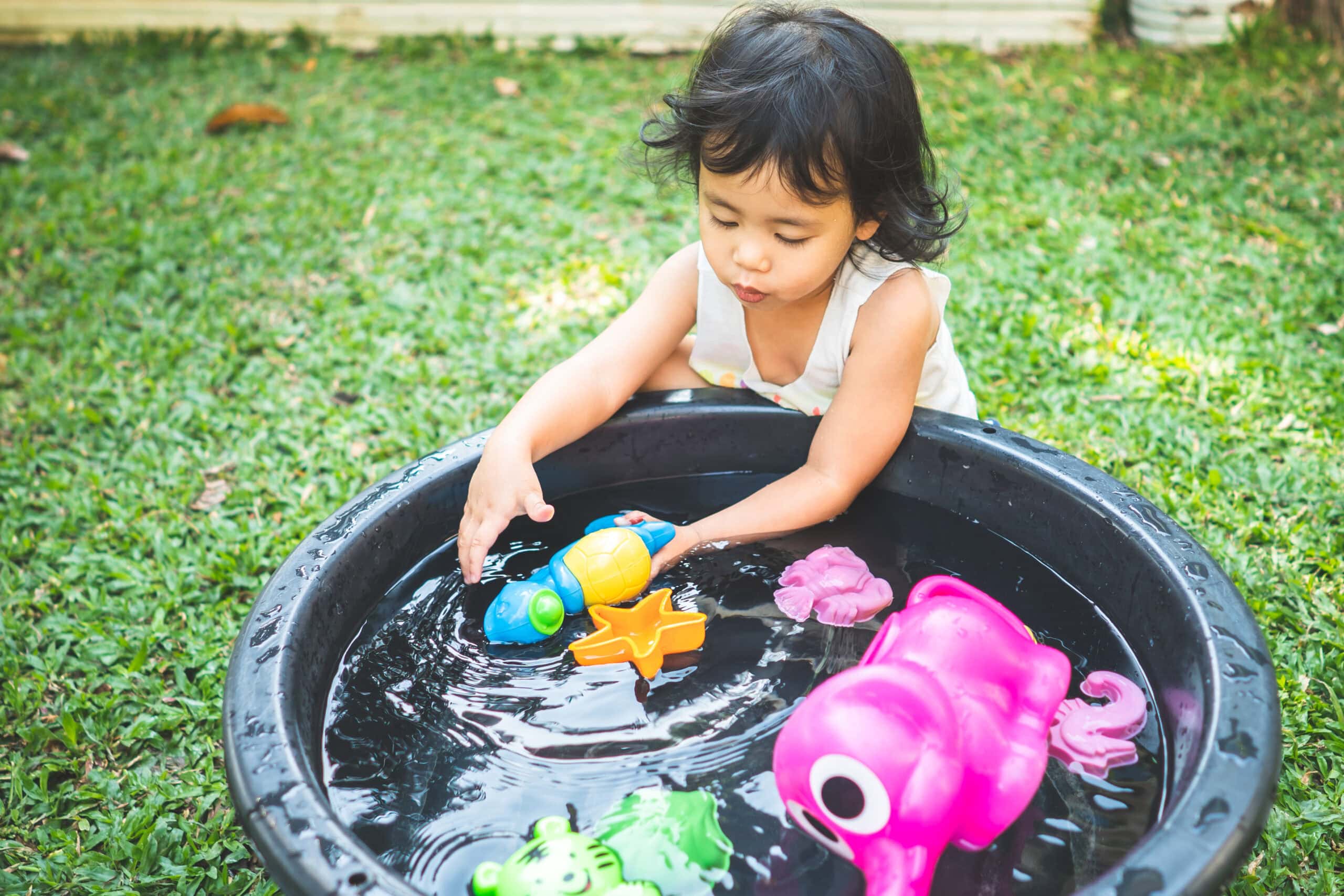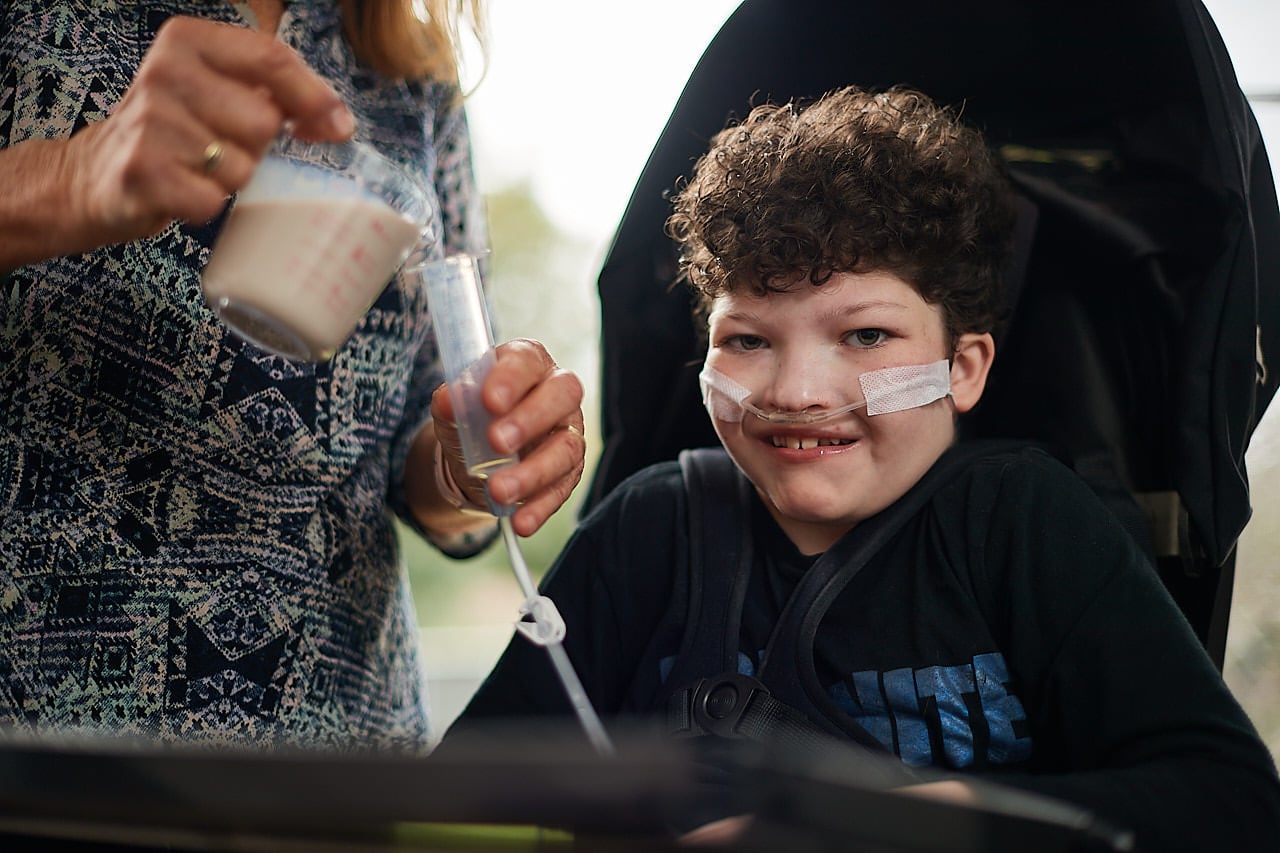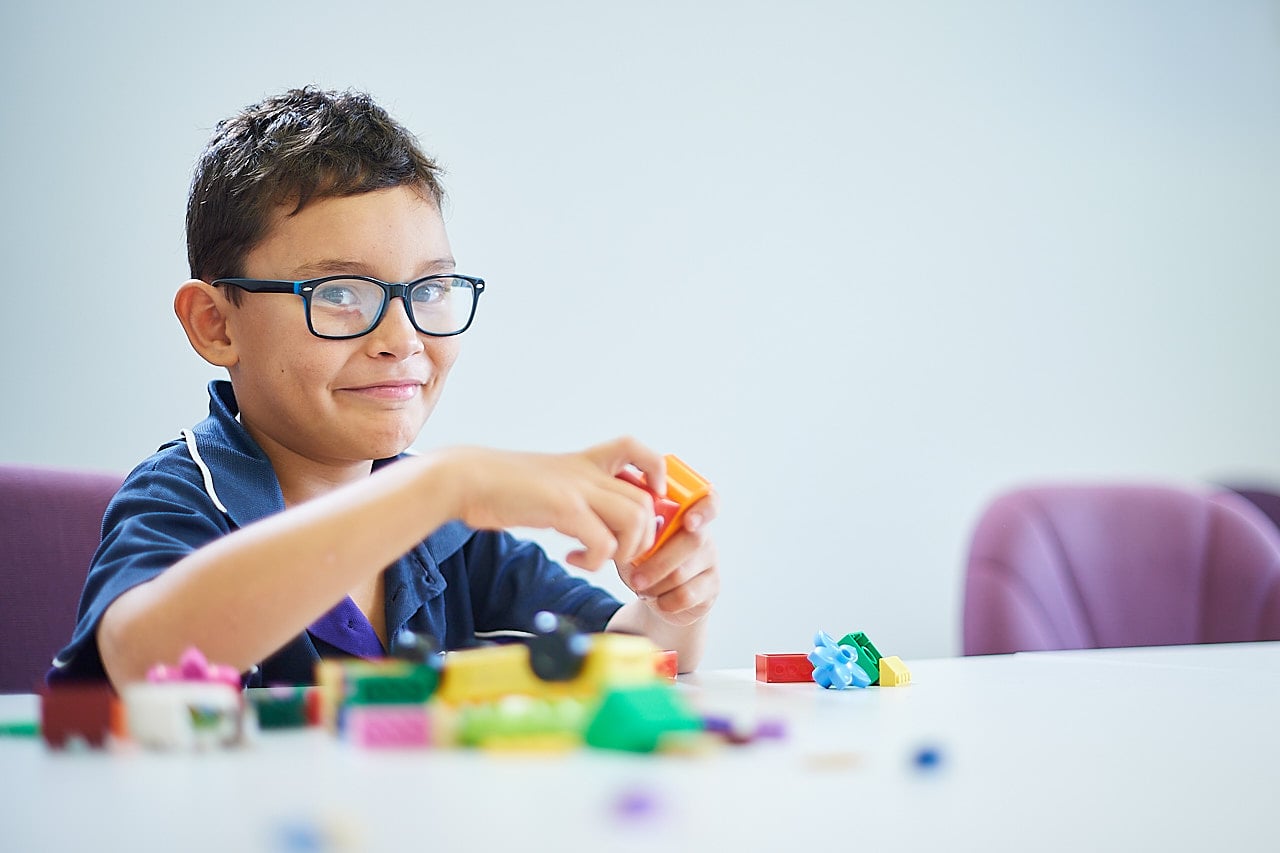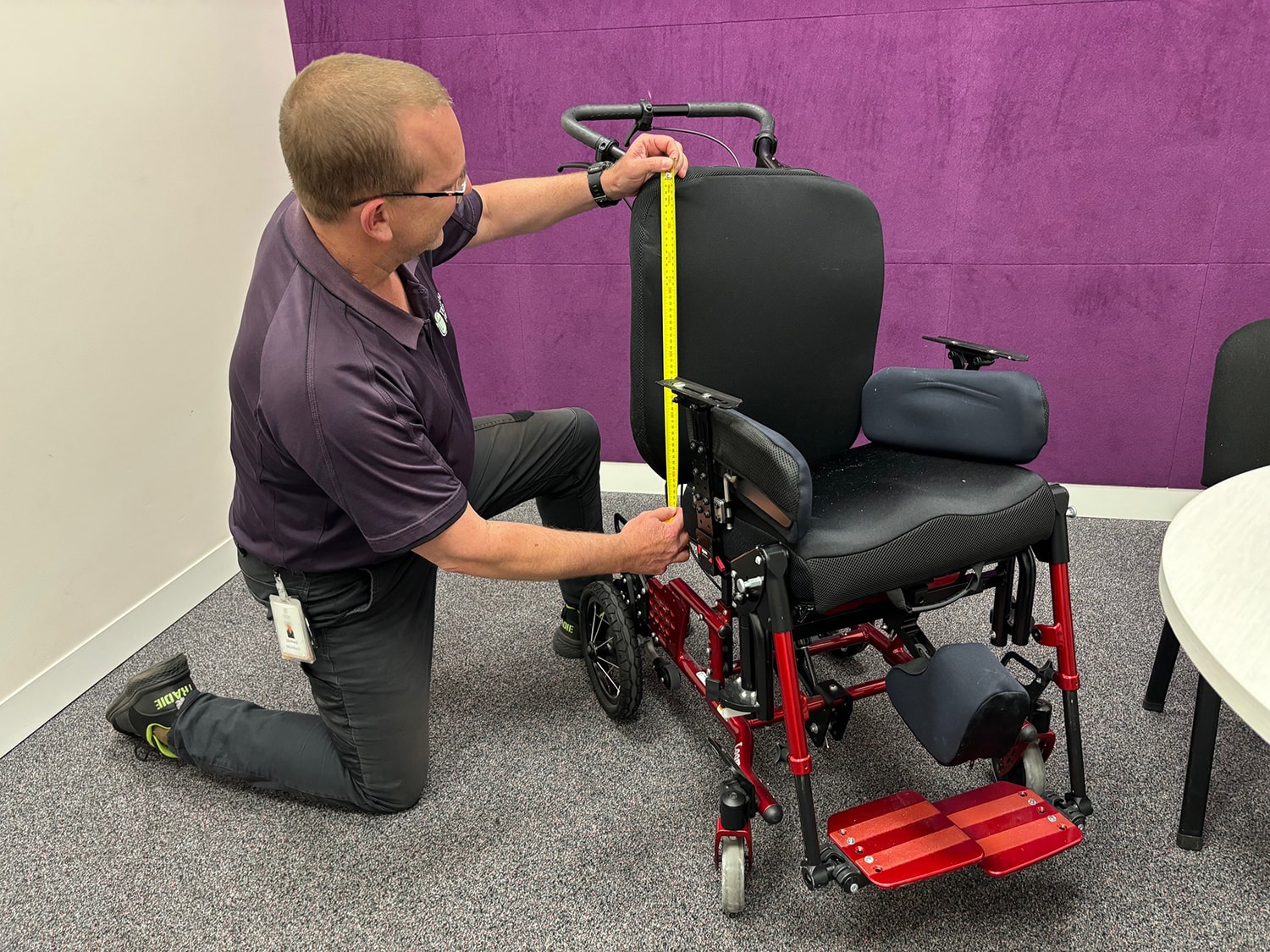Why it’s better out than in…
Soiling after the usual age of toilet training (roughly 4 years) can be a very frustrating experience for parents. As a one-off, it’s an accident, but when it starts to happen more regularly it can be a cause for concern.
What is Encopresis?
Encopresis (pronounced en•ko•pre•sis) or faecal soiling is when a child who is past toilet training age poos regularly in places other than the toilet. It occurs when a child has lost voluntary control of bowel movements.
Some children will hold their poop in for many days and then pass a very large, hard stool. This poop can be so large that it clogs the toilet, but children will also leak liquid poop at the same time. Often parents of children who soil will share that the children use a lot of toilet paper trying to clean themselves. Some children will refuse to poop in the toilet at all.
Other things you can see in children who soil:
- They may hide their soiled underwear or clothes.
- Children who have trouble with soiling often cannot feel or even smell that they have soiled.
- They may also have trouble with bedwetting or have urine accidents.
- Children may get teased causing them not to want to go to school or to play with friends. This can lead to other problems with behaviour.
What causes faecal soiling?
There are several known causes of faecal soiling. The most common cause is chronic constipation. When your child has been constipated for some time, the poo builds up and starts to stretch the rectum or lower bowel (this is called faecal retention). This can mean your child loses the ‘need to go’ feeling because the rectum is always stretched. Poo can then leak out because your child has no control. Your child usually can’t tell when the leak is happening.
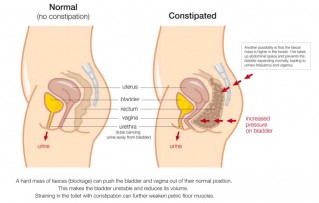
Image sourced from Continence Australia
When children hold in their poop, the lower colon fills up. Over time this can stretch the lower colon out of its normal shape. The more a child holds in poop, the more the colon stretches, and the poop gets larger and harder. This makes pooping even more painful. When this happens repeatedly, the colon becomes so stretched and floppy that the muscles children use to help push out poop, do not work well. Hard poop can get stuck and only liquid can pass around the hard poop. The stretched nerves become less sensitive, and the child does not feel the leaking poop.
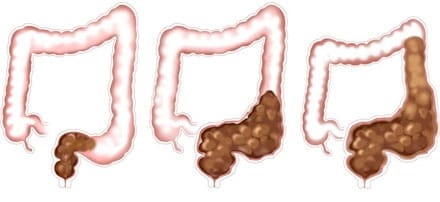
Children who have emotional or behavioural issues can have trouble with soiling. There are more serious medical problems that children are born with that can cause Encopresis, but these are rare.
How common is it?
Constipation is very common—around a third of children will experience it— and about one child in every 40 will have faecal soiling.
I don’t think my child is constipated:
Even if your child does not experience the usual symptoms of constipation —hard poos, pain doing a poo, or blood in the poo from skin tears around the anus—it is still possible that there is a hard poo inside their bowel, causing faecal soiling. There are other causes of soiling that are related to abnormal bowel function, but these are very rare.
How can my child be helped?
The best chance comes from taking a positive team approach. The team is led by you and your child and supported by your doctor or your local continence clinician. It can take several months to establish lasting results, but a program of regular sits on the toilet, fluids plan, as well as laxative medication, will cure more than two out of three children within six months, and make more than nine out of 10 children substantially better.
Is faecal soiling caused by emotional problems?
Soiling is embarrassing and can lead to emotional distress in some children. The emotional problems a child may experience will vary depending on your child’s age and development and the severity of the problem. Emotional problems are not usually the cause of Encopresis. Any problems nearly always improve after your child achieves bowel control.
Studies (Mosca & Schatz, 2014) have shown that Encopresis children experience:
- A greater amount of anxiety and depression symptoms
- Difficulties with attention
- More social problems
- Disruptive behaviours
- Lower levels of academic performance
Diagnosis and treatment
The best way to prevent Encopresis is to prevent constipation in the first place.
To help your child try these things
- A varied diet with plenty of fruits and vegetables and whole-grain bread and cereals.
- Plenty of water and other fluids to drink frequently
- Be physically active every day
- The child has a regular time every day when they sit on the toilet. After a meal is the best time for this
The good news is that Encopresis is treatable. It can take some time, but with the right medications and support from our Continence Clinicians, your child can recover in most cases.
For more information about Encopresis and the treatment options available, speak with one of our Continence Clinicians on 1300 135 373 or email [email protected].
References:
Continence Physiotherapy
At Therapy Focus, our Continence Physiotherapists can support children and adults who experience incontinence and toileting challenges.

